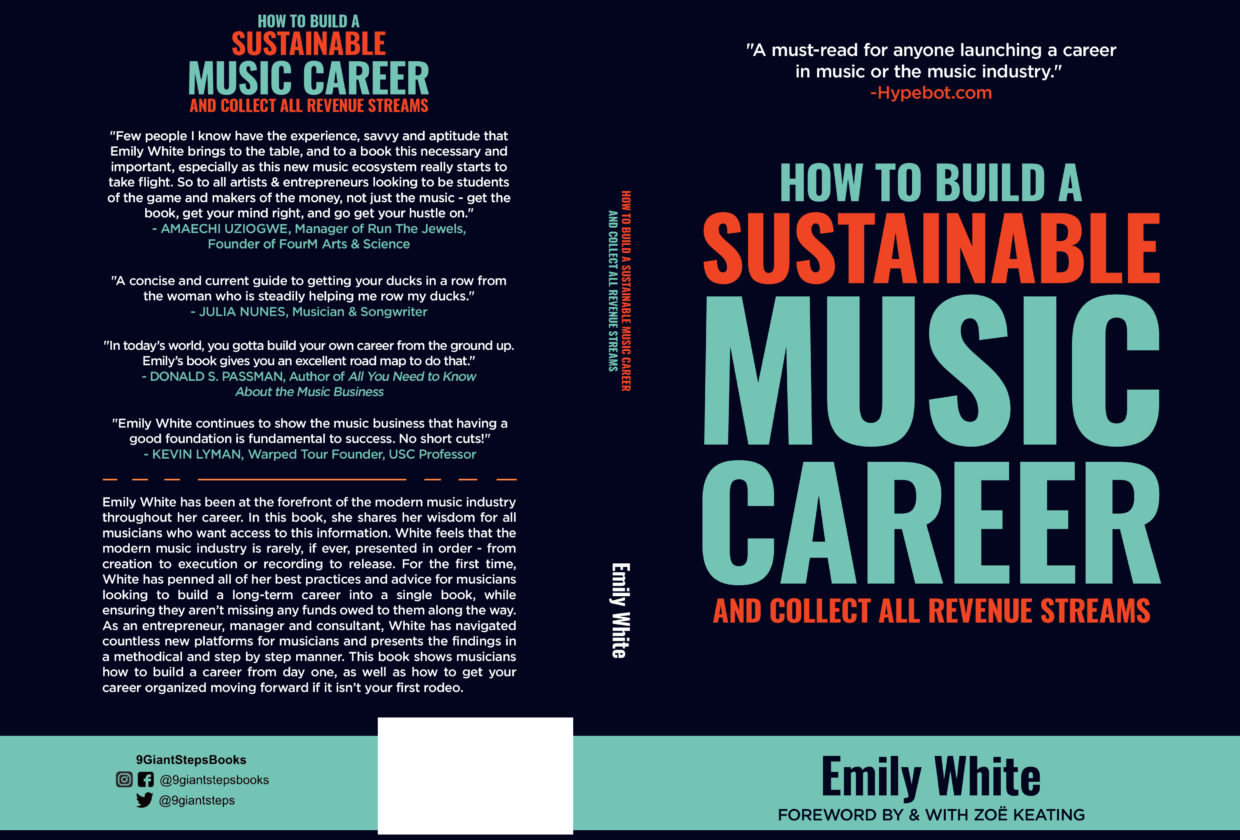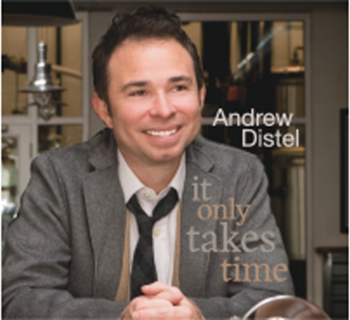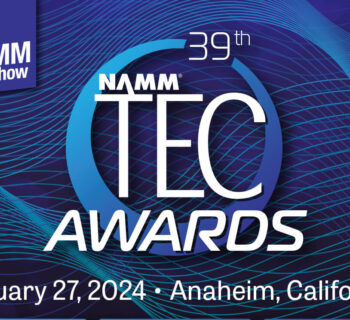I understand why publishing gets an intimidating wrap. Years ago, music publishing companies would sign away an artist’s songwriting rights for life. Similar to how the modern music industry cracked recording and distribution wide open for all to access, the same mechanisms and access now exists for all songwriters in music publishing.
What Is Music Publishing?
But first, what is music publishing? It’s quite simple. Do you know what a record company does? Artists often grow up dreaming of being on specific labels. They know that a record company’s job is to promote, and in the legal sense of the term, exploit their recordings for maximum financial gain.
A publisher is the exact same concept for your songwriting! A music publisher’s job, at its core, is to go out and collect money for every use of your song. It is also their job to find as much work for that song as possible, often in the form of “sync,” or synchronization placements. As discussed, a sync placement is the use of music in a film, TV/web show or commercial/advert. They may additionally set up co-writing sessions or songwriting for other artists.
That’s it! There is no need to be terrified and run to the hills with confusion regarding the concept of music publishing. Now let’s get you set up and organized so you know how to collect revenue on your songwriting via music publishing forever.
ASCAP / BMI a.k.a. Performing Rights Organizations or PRO’s
Pick one performing rights society to sign up with. Your PRO will collect public performance royalties for your songwriting not limited to music played on the radio, for broadcast and for its use in any physical public setting such as a venue, shop, airport or restaurant. The vast majority of songwriters in the U.S. are with ASCAP or BMI. It technically does not make a difference which PRO you go with; they are all supposed to be the same.
When you initially sign up, you’ll have the option to create your own publishing name or designee, which is separate from you as an individual songwriter. Because, just to make things more confusing, your songwriting is split 50/50 between a “writer’s share” and a “publisher’s share.” If you do not have a publishing company collecting songwriting revenue on your behalf, which we’ll talk about next, you therefore own your share of royalties as a songwriter, as well as your publishing name’s share. So, you’ll see on a PRO statement for a song you 100% wrote that 50% is collected by the PRO for you as a songwriter, and the other 50% is collected on for the publishing designee you created. You also don’t have to create a publishing designee at all! So, feel free to just register and sign up with your name, as that can help to keep things streamlined when reviewing your statements. Now it’s time to get each song registered with your PRO account. Moving forward, do this every time you finish a song and agree to the songwriting splits with any co-writers.
Collecting on Your Publishing/Publishing Deals
If you are signed up and have registered all of your songs with your PRO, you’re still not set up to collect all funds owed to you for your songwriting.
Back in the day, a songwriter would have to sign with a music publisher to collect on their publishing, which encompasses a variety of songwriting revenue streams within music publishing. Now there are a variety of deal structures and options that allow artists to collect their publishing royalties that don’t force them to sign their songwriting rights away.
Songtrust
If you are a brand-new songwriter and just getting going, sign up for Songtrust immediately. Songtrust was founded by the principals at Downtown Music Publishing and democratized music publishing collection for all. Songtrust uses Downtown’s world-class music- publishing collection system to collect on behalf of any songwriter who wants to work with them. There is a $100 fee to get going, but I recommend them over others as I know what a great job the Downtown / Songtrust team does in finding every penny for songwriters. They receive 15%, which is standard for an “admin” or “administrative” publishing deal, which we’ll discuss next. Therefore, you retain 85% of your royalties, own your copyrights, and can leave any time after a year.
“Admin” or Administrative Deals
If you do have the opportunity to work with a publishing company, great. There are a variety of deal structures available, but we’re going to talk about the two most common that are out there. First up is an admin deal. You will control and retain all copyrights and are licensing songwriting rights to a company to collect on your behalf. These deals are generally 85/15%, 80/20%, or 75/25% in the songwriter’s favor. I don’t recommend going below 75%. All of these deals are negotiable. Advance payments do happen in admin deals. But they will be lower than what you will receive in a co-publishing deal, which we’ll discuss next. Advances don’t always happen in admin deals, so don’t be offended if you’re a new artist and aren’t able to get one.
“Co-pub” or Co-publishing Deals
The other main type of publishing deal is a co-publishing, or “co-pub,” deal. In this instance, the publisher will retain a portion, or all of your songwriting copyright, for a set amount of time or even forever––also known as perpetuity. When looking at all of an artist’s revenue streams/rights, I have seen some artists give up a portion of their publishing rights for large advances. This can help a new and developing artist fund promotion, touring and expenses to continue to grow their careers. So, it’s up to you. Getting a solid amount of cash up front can absolutely benefit an artist personally and professionally, especially in a world where record company advances are inconsistent at best––if you want or have access to working with a label. –by Emily White • An excerpt from How to Build a Sustainable Music Career & Collect All Revenue Streams
EMILY WHITE hosts the #1 Music Business podcast globally, How to Build a Sustainable Music Career & Collect All Revenue Streams, based on her #1 best-selling book. She’s the Founder of #iVoted Festival, the largest digital concert in history.













